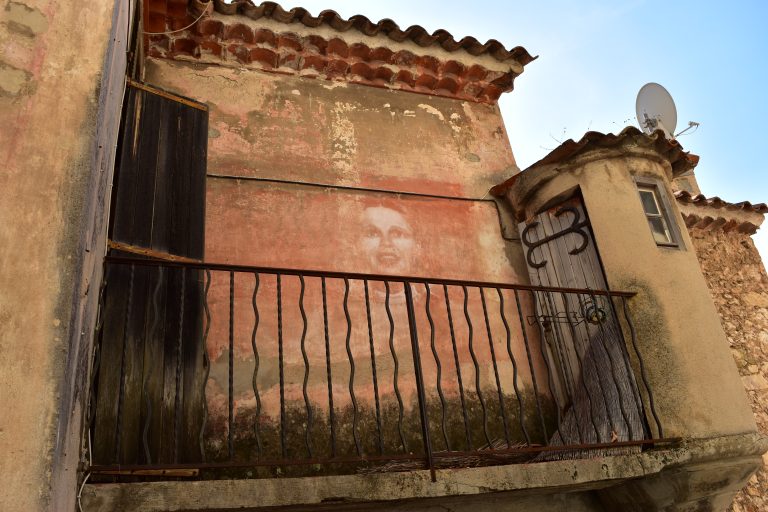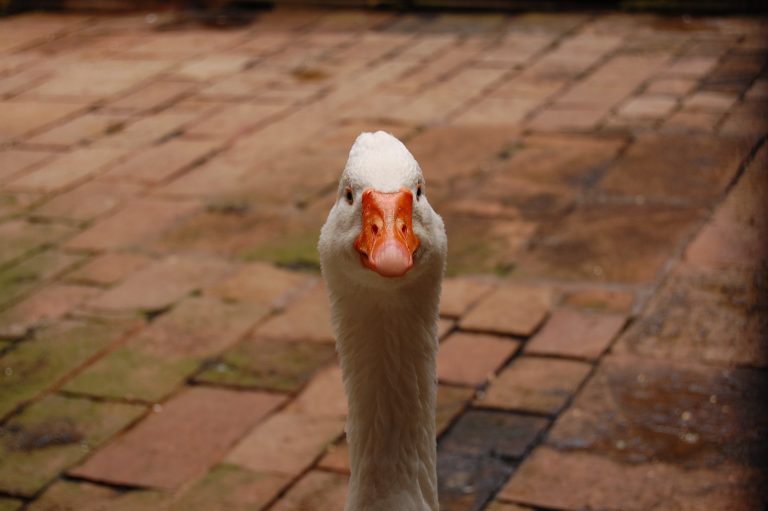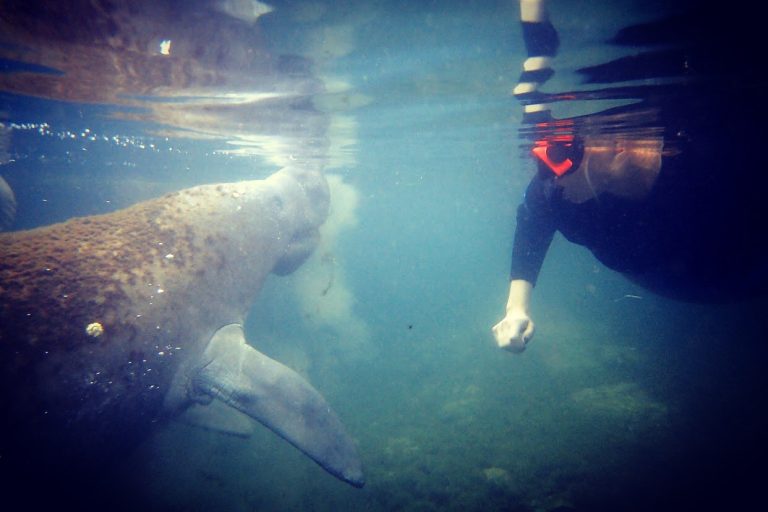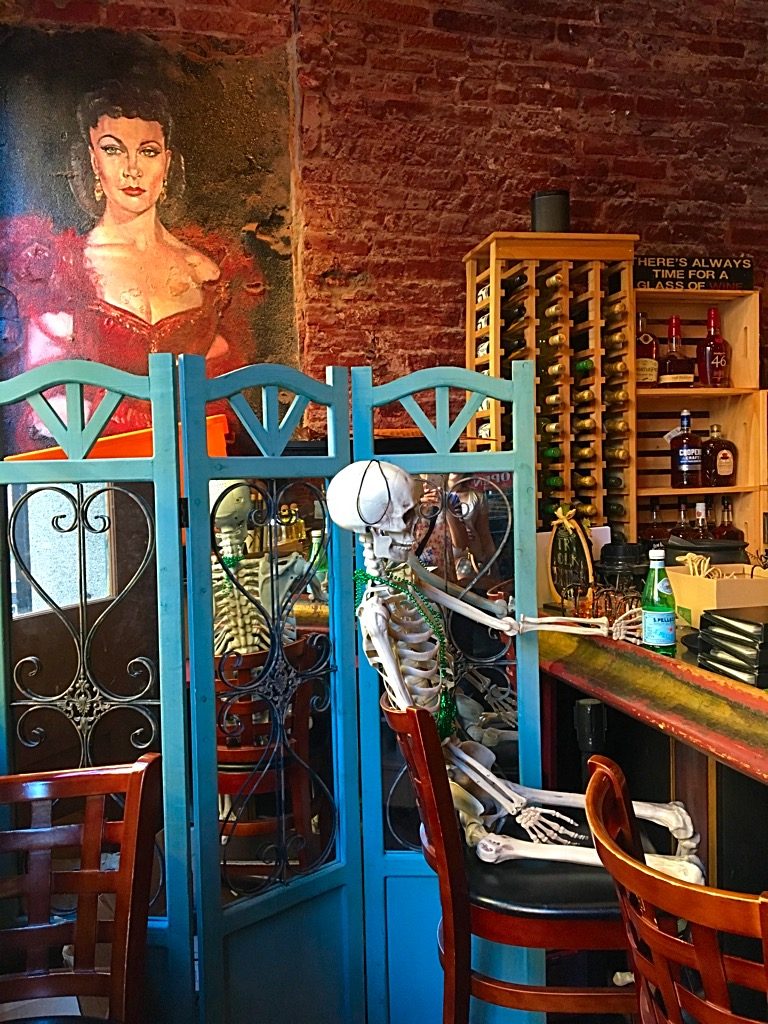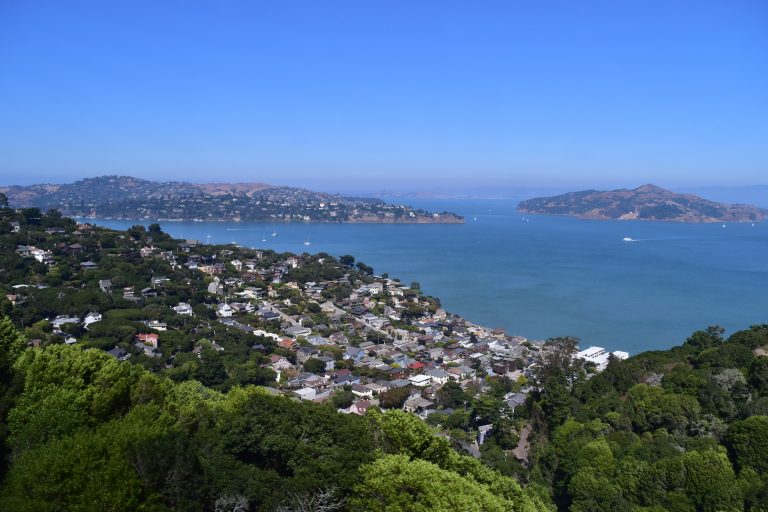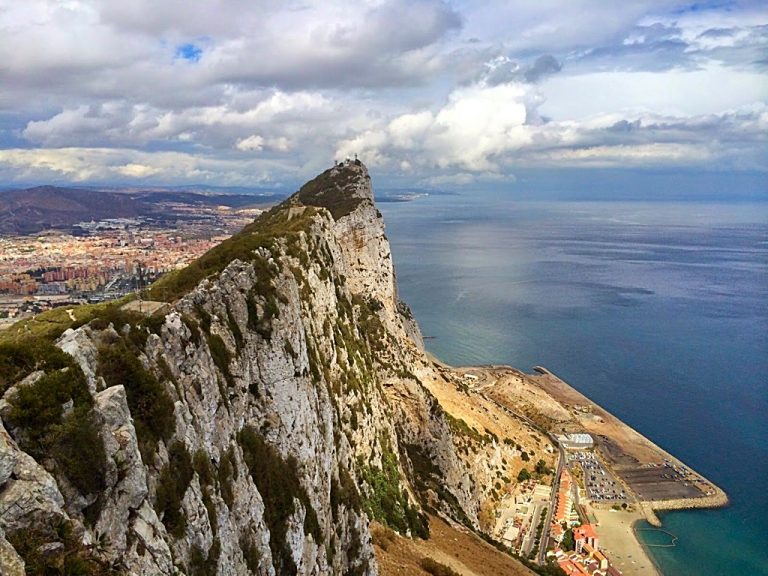Three Mediterranean Islands Worth A Visit
Corsica
This French Island’s scenery is for those looking for both fantastic hiking and beaches with minimal tourists. This island is Napoléon Bonaparte’s birthplace. You’ll hear that more than once during your visit. It is also French speaking, beach lined, and offers mouth-watering French food, all at Parisian($$$) prices. It’s essentially France packed onto the forth largest island in the Mediterranean.

When we visit a new place, we determine whether or not it would be worth it to hire a local guide to show us around. If there are some attractions / historic monuments that we aren’t familiar with, we will consider it. For Corsica, we sought out to explore this island all on our own. Near the capital city of Ajaccio, there is a small (but nice) weekend market where it’s necessary to get your fill on the main French food groups – beignets, cheeses, croissants, and bread.

To balance out the snacking, the Parata Tower hike makes for a nice half day trip. The port city of Ajaccio is situated on the south-western side of the island. Parata Tower is located nearby and is worth the visit. Just enjoy an easy 30 minute bus ride from Ajaccio on the #5 towards Pointe de la Parata. Ride it to the end of the line and follow the road to get a view of this 180ft tall tower, built in 1550 for the island’s coastal defenses. There is a 1 mile hike on a well maintained, rocky path that takes you in a loop around the tower, providing some very nice views. There is not too much elevation change, but because of how rocky the path is, I do not recommend wearing flip flops. If you are feeling adventurous, there is a tough-to-find trail located on the left side of the tower as you walk the loop around it. It takes you up an extra hundred feet or so, right to the base of the tower and I highly recommend it. It’s no picnic, as it is very steep; but it is also so very rewarding!

After you’re tired out from snacking and hiking, hit the beach. Moorea beach is an excellent choice and is a stop along the bus ride back to Ajaccio, contains hardly any people, and is absolutely stunning.
Sardinia
This insanely hospitable Italian Island – speckled with (you guessed it) white sand beaches might be my favorite of these three islands. Near the capital city of Cagliari, there is a lot to do. Exploring the city itself is both a workout an a delight (due to it’s position on a hill). Sardinians are very proud of their island and their culture in general and are more than happy to share these warm and fuzzy feelings with their visitors. You won’t find any high rise beach houses here, but the Emerald Coast to the north is where you will find the billionaires frolicking. We stayed south during our visit and hired a guide for this island, as much of what we wanted to see was spread out. It was completely worth it.

Not too far from Cagliari is the opportunity to explore the Ancient Roman city of Nora. This city originated by the Phoenicians in the 8th century BC and later conquered by the Romans, but still in the BC days. Translation: this is extremely old, yet some of the mosaics are still in tact. They truly don’t build things like they used to, right?? The Romans (and Phoenicians) really knew where to situate their towns with stunning views of the sea and ease of boat access in a designated port area.

Romans loved mosaic tile floors and wandering through the town on the actual streets (I suggest with a guide so that you know what you are looking at) you can envision how beautiful the houses and common areas were. The guide will point out upper and lower class houses (and the differences that you can see), the common areas in the town such as the theatre, church, and even the spa (yes this idea of a spa dates back to the Roman era) near the waters edge.

Continuing to be the fan of counterbalance that I am, after a day of walking, it’s time for some beach time. The Spiaggia di Tuerredda beach was an absolute paradise. A lot of European beaches are rocky and don’t have the soft sand like you will find in the Caribbean, but this one definitely was.
Mallorca
This Spanish Island is filled to the BRIM with variety. From craggy cliffs, underground caves, castles, monasteries, some of Spain’s best flamenco dancing, stunning beaches, and beautiful man made pearls, Mallorca (or sometimes spelled “Majorca” – in Catalan) isn’t much of a secret to millions of vacationers.

The Palma Cathedral, located in the capital city of Palma, is the landmark of this city. It is a sight to see. Built in the Gothic style, construction on this roman catholic cathedral began in 1229 and took nearly 400 years to complete. If you love some of the coolest buildings by Antonio Gaudi in Barcelona, Spain, you will find his mark again here on the altar inside of this Cathedral.

There is always a place to escape the hustle and bustle and on the island of Mallorca, the village of Valldemossa is it. While it’s not far at all from the city of Palma, the mountainous surroundings make you feel that you’ve traveled much further. The building that really stands out in this village perched on the Tramuntana mountains, is the Valldemossa Monastery (Royal Carthusian Monastery). Take a look inside and tour where the Monks lived, and after seeing the jaw-dropping views from their bedrooms, you’ll understand why they’d choose to live here. The famous Polish composer, Frédéric Chopin and his family rented rooms in this monastery is where some of his most productive time was spent writing music. Every year a festival is held in his honor. We were lucky enough to hear a live piano concert of his music during our visit.

The favorite item to take home from Mallorca is a piece of Majorica Pearls jewelry. There are many knock offs of these beautiful man made pearls – know that only the ones spelled “Majorica” are the real deal! You can find one of the factory stores on the street Carrer de Jaume II, right in Palma.


